Identifying and dealing with common rose plant issues is crucial for maintaining healthy and vibrant roses. Here are some common problems you may encounter and strategies to address them:
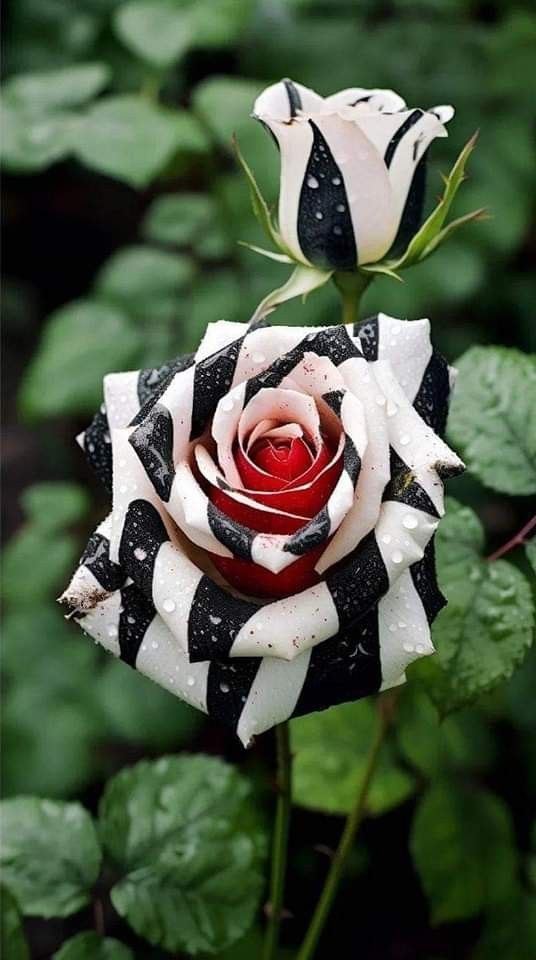
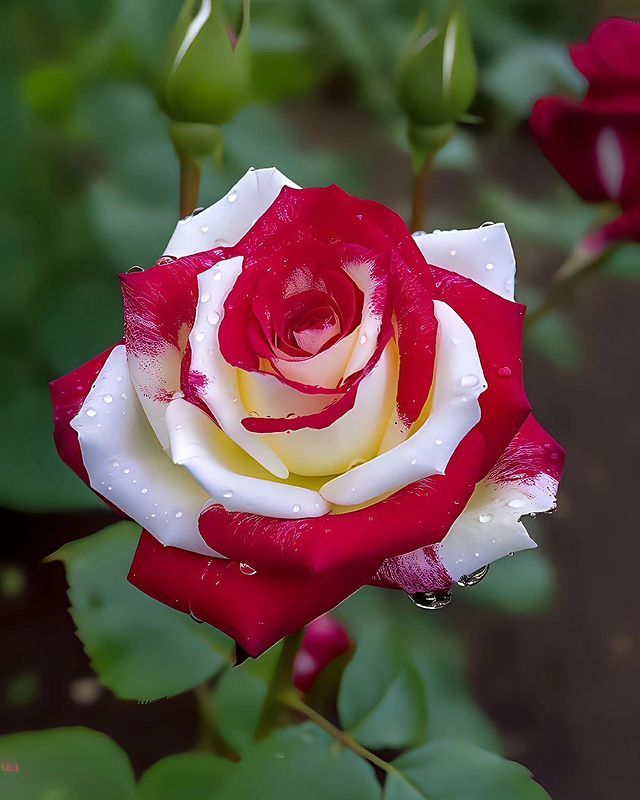
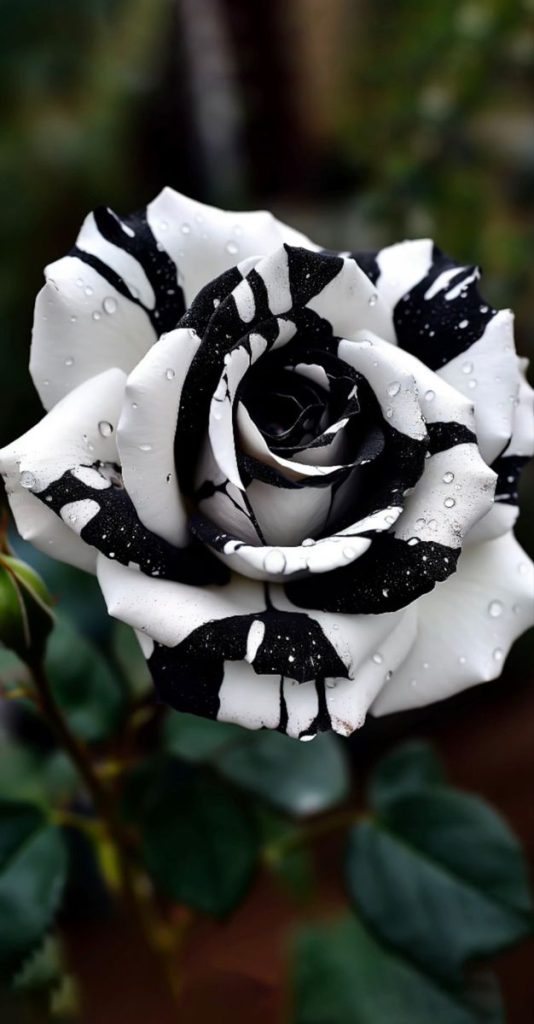
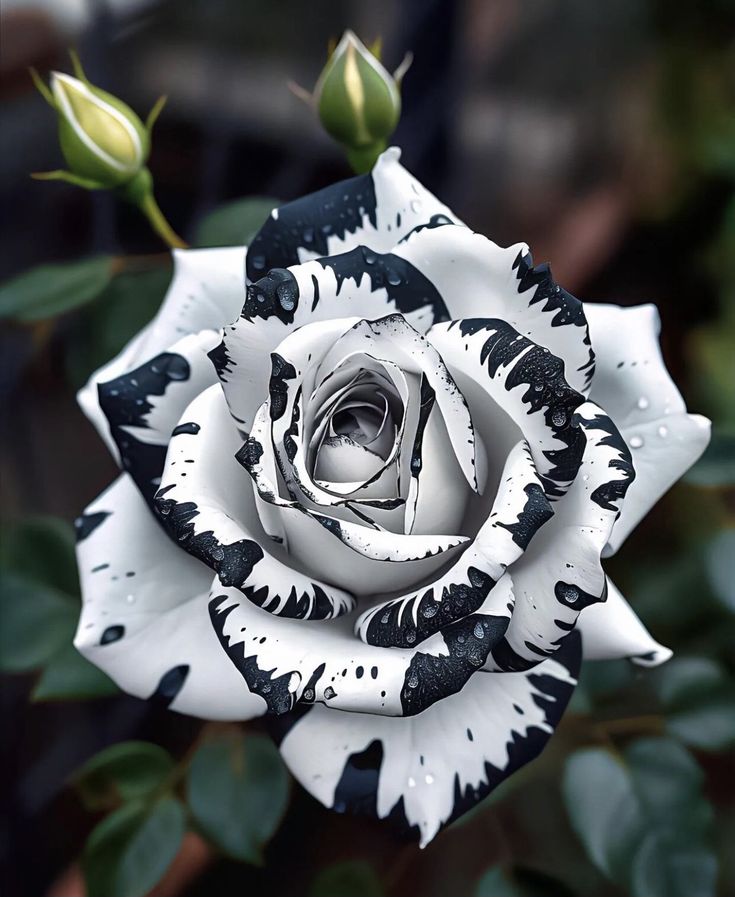
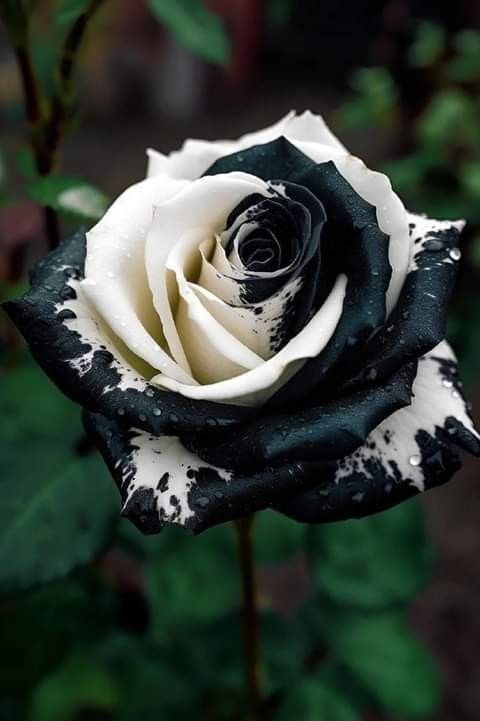
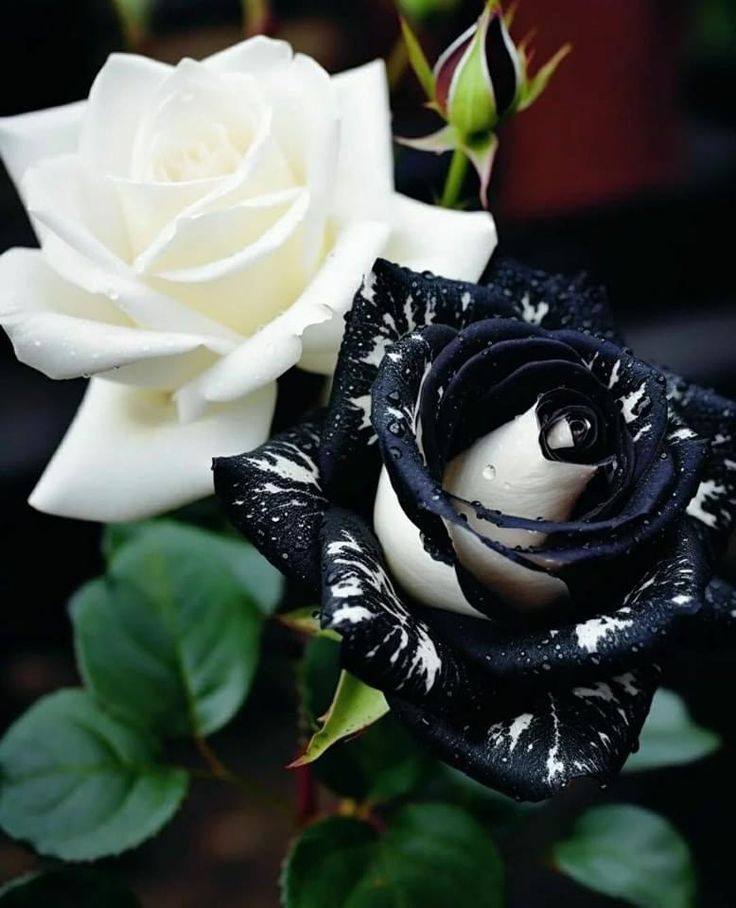
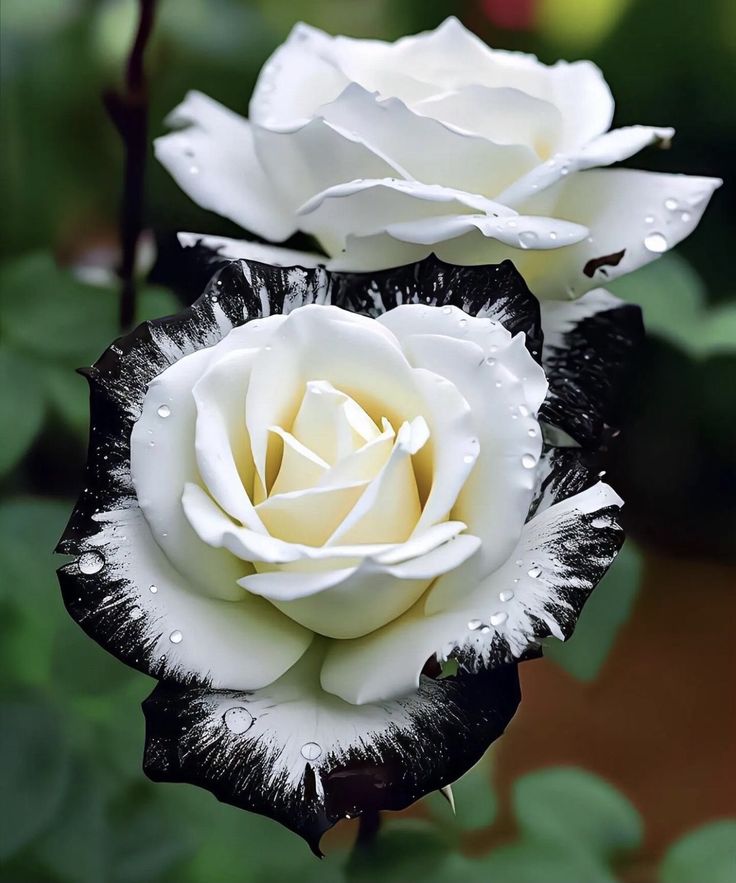
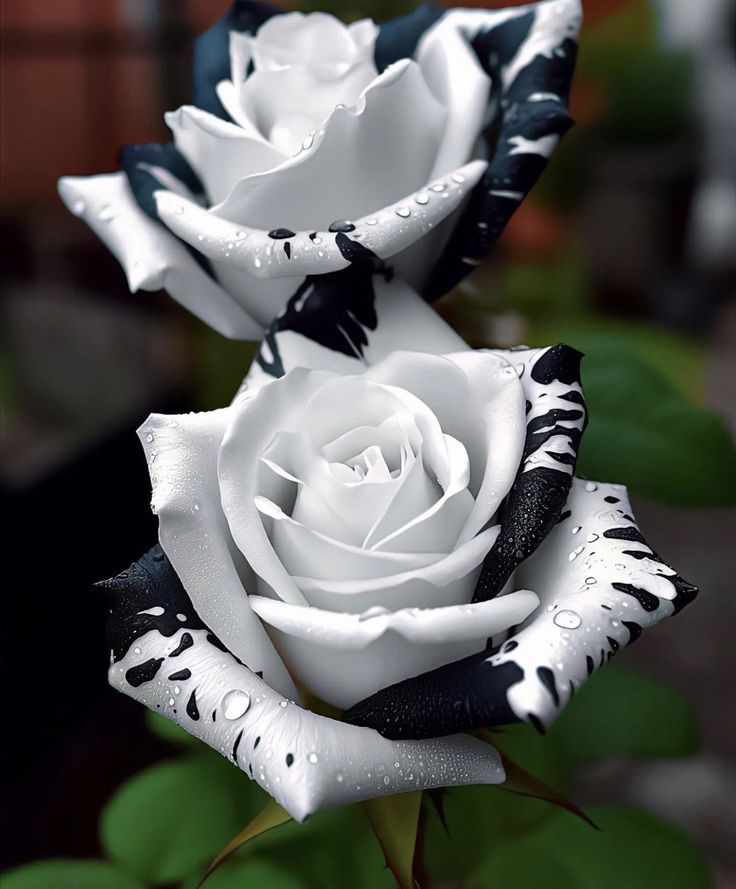
**1. *Aphids:*
- Identification: Tiny, soft-bodied insects that cluster on new growth, buds, and the undersides of leaves.
- Treatment: Use insecticidal soap, neem oil, or introduce natural predators like ladybugs.
**2. *Black Spot:*
- Identification: Circular black spots with fringed edges on leaves, leading to yellowing and defoliation.
- Treatment: Remove affected leaves, apply fungicides, and ensure good air circulation. Use disease-resistant rose varieties.
**3. *Powdery Mildew:*
- Identification: White, powdery substance on leaves and stems, causing distortion and yellowing.
- Treatment: Apply fungicides, practice good air circulation, and choose resistant rose varieties.
**4. *Rust:*
- Identification: Orange or rust-colored spots on leaves, often with yellowing and premature leaf drop.
- Treatment: Remove affected leaves, apply fungicides, and provide adequate spacing for air circulation.
**5. *Spider Mites:*
- Identification: Tiny, web-spinning pests that cause stippling on leaves and weak growth.
- Treatment: Use insecticidal soap, neem oil, or introduce predatory mites. Increase humidity to deter spider mites.
**6. *Thrips:*
- Identification: Slim insects causing silvery or bronze stippling on leaves and distorted flowers.
- Treatment: Use insecticidal soap or neem oil. Remove affected flowers and control weeds.
**7. *Rose Canker:*
- Identification: Raised, corky lesions on stems, often with a reddish or purplish color.
- Treatment: Prune affected canes below the canker, sterilize pruners, and apply fungicides.
**8. *Rose Rosette Disease:*
- Identification: Abnormal growth, witches’ broom-like clusters, and red discoloration.
- Treatment: Remove and destroy infected plants. Use disease-resistant varieties and control mites.
**9. *Cercospora Leaf Spot:*
- Identification: Purple to dark brown spots with yellow halos on leaves.
- Treatment: Remove infected leaves, apply fungicides, and maintain good air circulation.
**10. *Rose Midge:*
- Identification: Tiny, orange fly larvae causing deformed buds that fail to open.
- Treatment: Remove affected buds, use insecticides, and introduce natural predators like lacewings.
**11. *Japanese Beetles:*
- Identification: Metallic green beetles that feed on rose foliage, causing skeletonized leaves.
- Treatment: Handpick beetles, use neem oil, and consider biological controls like milky spore disease.
**12. *Root Knot Nematodes:*
- Identification: Stunted growth, yellowing, and the presence of root galls.
- Treatment: Use nematode-resistant rootstocks, rotate plantings, and improve soil health.
**13. *Rose Decline:*
- Identification: General decline in health, reduced vigor, and poor flowering.
- Treatment: Address underlying issues like soil nutrition, drainage, and pest control. Consider replanting with healthy stock.
**14. *Bud Blast:*
- Identification: Failure of rosebuds to open, turning brown and withering.
- Treatment: Improve air circulation, avoid overhead watering, and remove affected buds. Consider fungicide applications.
**15. *Yellowing Leaves:*
- Identification: Yellow leaves can indicate various issues, including nutrient deficiencies, pests, or diseases.
- Treatment: Identify the specific cause and address it accordingly. Fertilize if nutrient deficiency is suspected, control pests, or apply fungicides.
**16. *Rose Stem Borers:*
- Identification: Holes in canes with sawdust-like frass, weakening the stems.
- Treatment: Remove and destroy affected canes. Keep the area clean, and consider using insecticides.
**17. *Rose Cabbage Aphids:*
- Identification: Green aphids clustering on new growth, causing distortion and yellowing.
- Treatment: Use insecticidal soap or neem oil. Introduce natural predators like ladybugs.
**18. *Deer Damage:*
- Identification: Browsing damage on leaves and stems, often at a height accessible to deer.
- Treatment: Use deer-resistant deterrents, fencing, or deer-resistant plant choices.